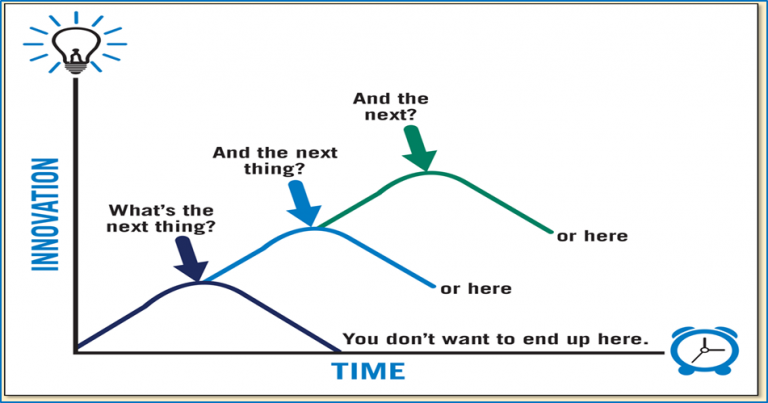LEADING IN A TIME OF UPHEAVAL: The Importance of Upholding Core Values
TWEET THIS! Bob Zukis advised in his Forbes blog on leadership strategy a few months ago: “We’re at the early stages of the industrial revolutions’ fourth transition period, the Fourth Resurgence.” Zukis, the CEO of Digital Directors Network and professor at the USC Marshall School of Business, wrote, “Each of its preceding three stages have created drastic changes in business that have also manifested throughout society.”
While the advance of technology has given us new tools with which to work, global warming, shifts in government priorities, displacement of large populations and the rise of populism is creating upheaval. Whether public, non-profit or corporate, today’s leaders must have a combination of skills to cope with an unpredictable future.
“The unexpected is becoming the norm,” claimed Margaret Heffernan, PhD, author, TV producer and business executive, in a recent TED Talk addressing the changing times. She said that today “we can predict our future only 400 days out because systems change so fast.” This has turned strategic planning on its heels. “We now need a “just in case” planning, which means we will need to spend more time focusing on the future, ensuring we have the solution for whatever may develop. “We need more options—whether we will use them or not.” As an example, she discussed how scientists are developing medications for diseases that may not occur, but if they do, we are prepared.
In our 2015-2020 Strategic Plan, The Fedcap Group highlighted the importance of this kind of thinking. The slide below depicts our approach to planning and emphasizes the need for continuous innovation:

We need to lead by understanding the forces at work and find ways to align them with our mission—all the while seeking to benefit the many, not the few and delivering short term action and long-term value.
All of this work must be accomplished within the context of human values.
Because of the nature of rapid change, it is all the more important we remain closely attune with our employees, our consumers, our supply chain and our donors. Rapid change can create tension and uncertainty. It can drive divisions. It is up to leaders to navigate these uncharted waters with transparency—and a willingness to embrace market uncertainty with a calm conviction that “we are as prepared as we can be.”
And in fact, we need to be prepared.
